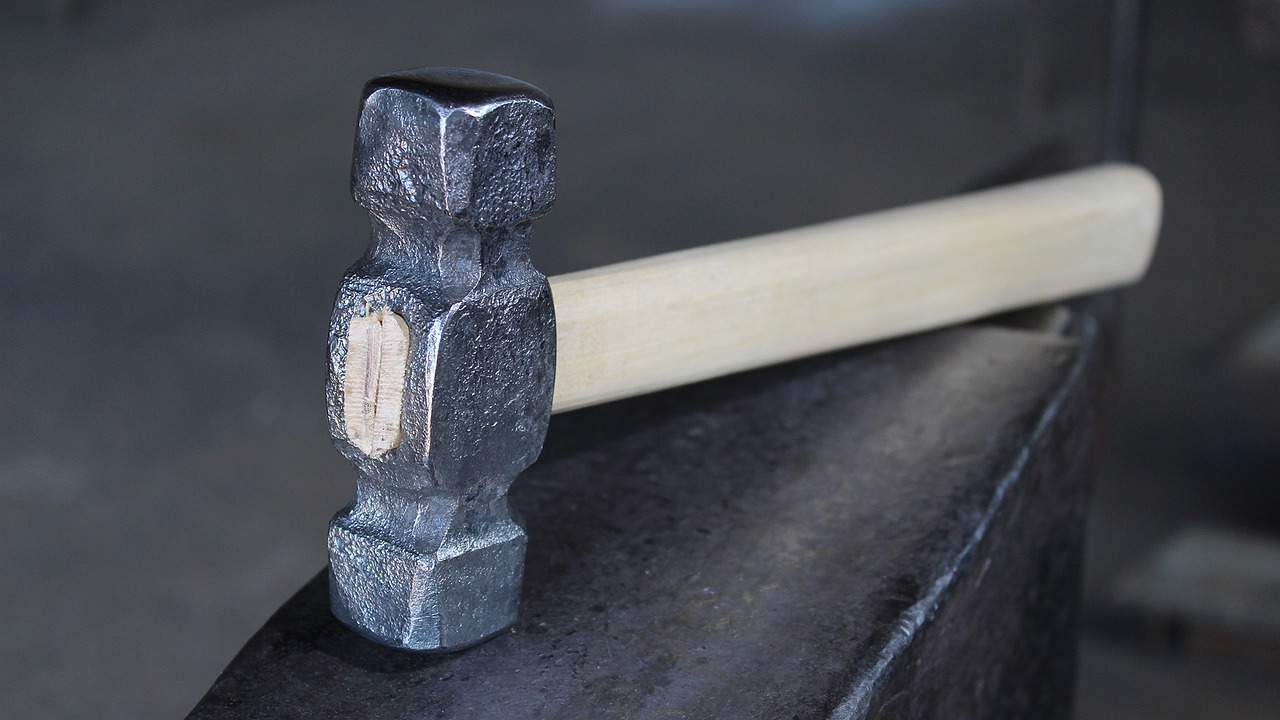5 Dangerous Ways to Dispose of Old Hard Drives

Computer technology has revolutionized the ability to create, store, and share data. No longer do businesses have to deal with the hassles inherent to hard copies of documents, including figuring out where to store mountains of paper and wasting untold hours on filing and sending data by courier.
The downside, of course, is that tons and tons of data can now be stored on a hard drive the size of a sandwich, or even a thumb, making it much easier for significant amounts of confidential information to be stolen, especially when businesses don’t take appropriate steps to protect it. If your business isn’t properly disposing of old hard drives, there’s a chance the data you’re supposed to protect could fall into the wrong hands.
The best way to dispose of hard drives is to hand them over to a reputable service that will properly destroy them, making any data recovery impossible. Unfortunately, many businesses mistakenly believe they can go it alone. Here are a few dangerous practices that could lead to data theft, breach, and all the trouble that follows.
1. Deleting
Out of sight, out of mind doesn’t really work when it comes to digital data. When files are deleted from a desktop, it doesn’t mean they’re gone. It just signals your computer that the space where the files reside is now available to be overwritten by other data. However, the old data lingers and can be retrieved if it is not overwritten.
2. Erasing/Wiping
Most computers have an option to erase or wipe data from drives, and there are also tons of third-party applications that offer virtually the same service. What these programs do is overwrite discs, usually with junk data like zeros, to ensure that none of the original data remains.
The problem is that erasing or wiping files when you delete them could leave traces behind. What if you had other iterations of the file that you previously saved or deleted? These might not be eradicated, giving you a false sense of security when you overwrite the file in question. Of course, wiping can be effective when done by experienced professionals, so consider hiring a suitable service for the task if you plan to reuse or resell hard drives instead of outright destroying them.
3. Physical damage
There are plenty of online resources advocating physical methods of hard drive destruction like using a hammer to smash your hard drive or dipping it in an acid bath. First, these methods are dangerous, and could lead to bodily harm. Second, they might not actually work. If portions of the hard drive aren’t completely destroyed, data could still be extracted.
4. Recycling
Even companies touting safe and secure recycling are still at the mercy of their employees, who may steal hard drives or act in a negligent manner, opening the door to outside theft. You have to look for companies that offer total destruction before recycling hard drives.
5. Storage
You may think the easiest way to protect any leftover data on old hard drives is to simply lock them up, but this, too, has inherent problems, namely the potential for theft. Not only could thieves break into your facility, but unscrupulous employees could snatch hard drives to steal data or simply sell the hardware.
It’s always best to turn hard drives over to a reputable service like SEAM to be professionally wiped or shredded. Contact SEAM today at 605-274-SEAM (7326) to learn more.
SEAM provides IT recycling and data destruction services including onsite shredding and hard drive wiping to South Dakota, North Dakota, Minnesota, Iowa, and Nebraska.
Schedule a pickup or contact us for more information.





